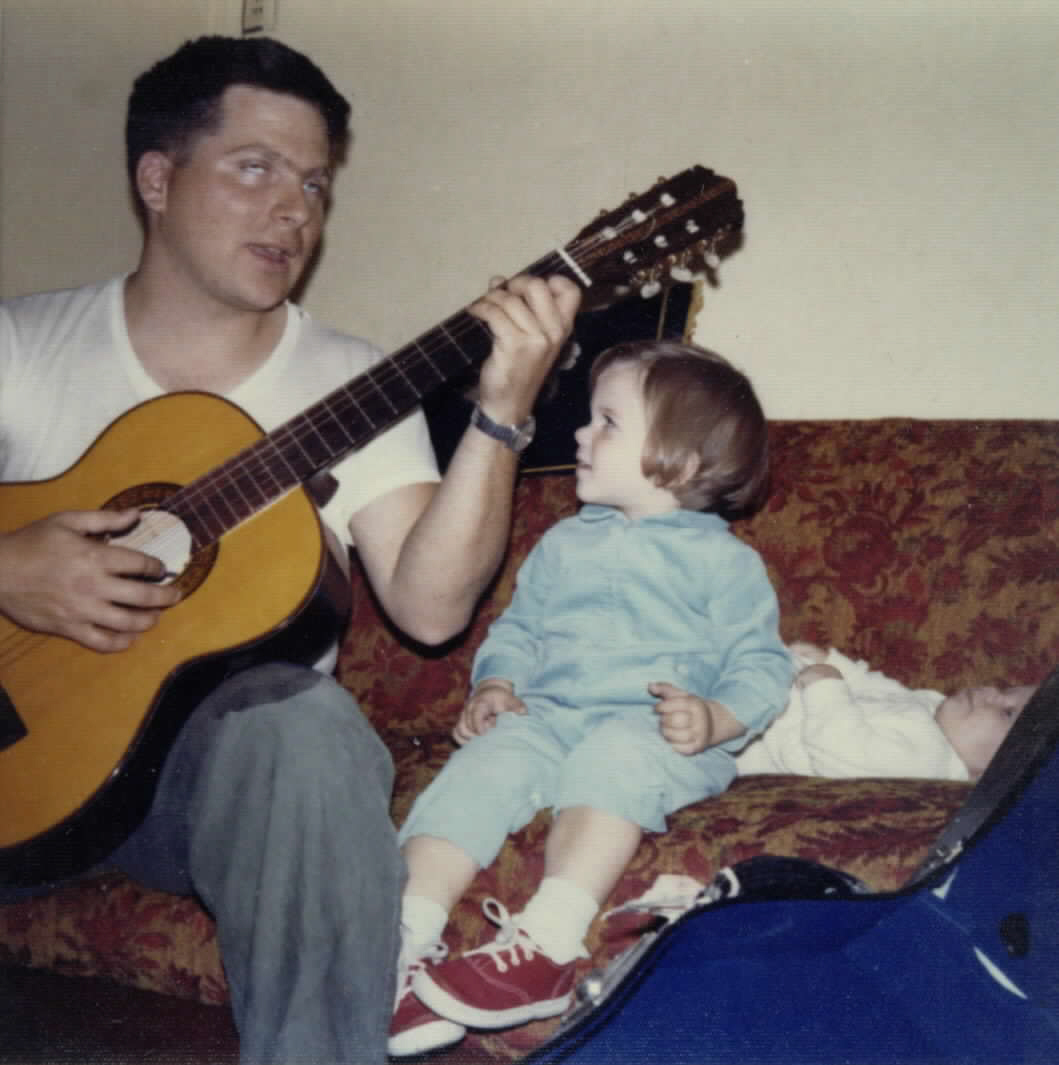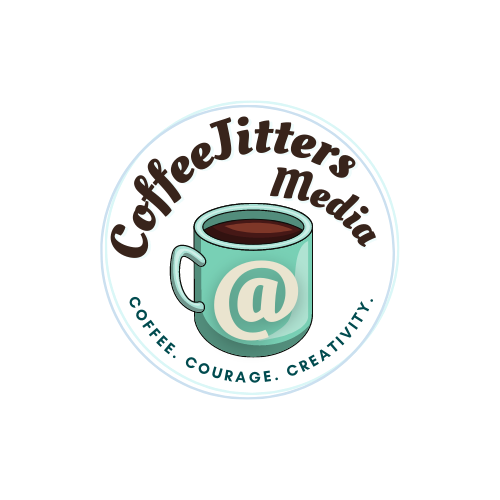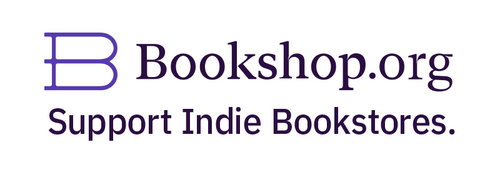
Making Friends with My Grief
What was my grandpa like?
I wasn’t expecting the question. I paused the TV and thought a moment. It occurred to me that I haven’t told her much about my father. He died from cancer before she was born. The proximity of his death to my own cancer diagnosis made it even harder to talk about.
I told her about how he always laughed at his own jokes, that his belly laugh made his whole body bounce up and down. And if he was sitting, his feet stuck straight out in front of him for the duration of the laugh.
I told her about how he loved to play guitar and sing to us, and he made up the most ridiculous songs.

I told her how he was often considered the smartest person in whatever room he was in.
I told her how we used to tease him about being short, and how he would tell his friends I was 4’20” rather than an inch taller than him.
I told her how he embraced our interests, how he dove in head first to whatever we were doing. When we got into theater, he memorized Shakespeare right along side us. When we played soccer, he trained to become a linesman. After my brother married a woman from Russia, my dad learned to speak Russian. He was all in.
I told her how he loved sports, how when I went home for a visit in ’99 I found him in his ref uniform watching the US Women’s team trounce China in the World Cup. I watched him flash a yellow card at China on the TV.
I told her how he was one of the Palmer High School football team’s most loyal supporters. Long after all his kids had graduated high school, he was still the keeper of the Moose Gooser, a cannon fired each time the Palmer Moose scored. He even took that cannon to away games.

She asked me if her grandpa would have liked her. “Oh, my, yes,” I said. “He would have loved you. He would have enjoyed your wit and your laugh. He would have loved playing chess with you. He would have loved that you’re learning French and Russian. He would have marveled at the amazing young woman you are growing into.”
My dad cared deeply about a number of things, threw his energy into a lot of things, but I suspect that, out of everything, being a grandpa was his favorite.

My girl and I laughed and cried at the stories. She snuggled and held me tight. We both grieved his loss and the fact that they never met. But mostly, we experienced my Dad.
She wanted to know how he died, and I told her about how his friends came over with banjos and guitars and played the bluegrass music he loved so much. I told her about how they played “I’ll fly away,” and how that song was even more special at that moment.
I’ll fly away, oh glory I’ll fly away, in the morning when I die, hallelujah by and by I’ll fly away
Then when his friends said goodbye, he got tired and went to sleep with my mom and brother sitting by his side. In the morning, he flew away.
Sharing this moment was a gift for both my daughter and I. We haven’t talked a lot about death or grieving, and this opened the door for some deeper conversation. This process was healing for me too. I’d forgotten how it can feel good to talk about someone you lost.

My father has been gone for 14 years, but for a few moments last night, he was right there with us. I felt like, in a way, I got to introduce them to each other.
The grief of losing him is still there, but it’s different now. The time helps, the talking helps, too. The grief is something that I carry forward with me. It has helped shape me. I’ve grown since his death, and that grief was a part of the growth. I would be a different person without it.
That’s not something I would have been able to hear or contemplate shortly after his death, and please don’t say that to anyone in the early stages of their grief.
I shed many tears last night. I cried again after G went to bed. I do miss my dad, I miss the relationships we might have had. But the tears were bigger than sadness. There’s beauty in this story. I experienced a sense of awe when sharing this story with my daughter. It was moving, it was deep, it was the same kind of tears we experience when watching a masterful performance, or viewing great art, or hearing a story of profound kindness. It was healing and transcendent. I’m not done grieving my father, that’s not something you finish. But I’m no longer afraid of the grief. I’m making friends with it, and that starts with talking about my dad.








































